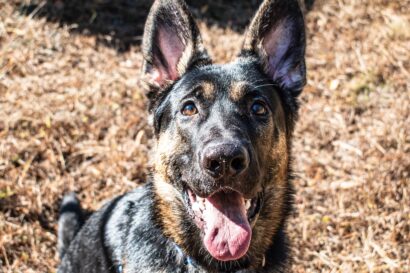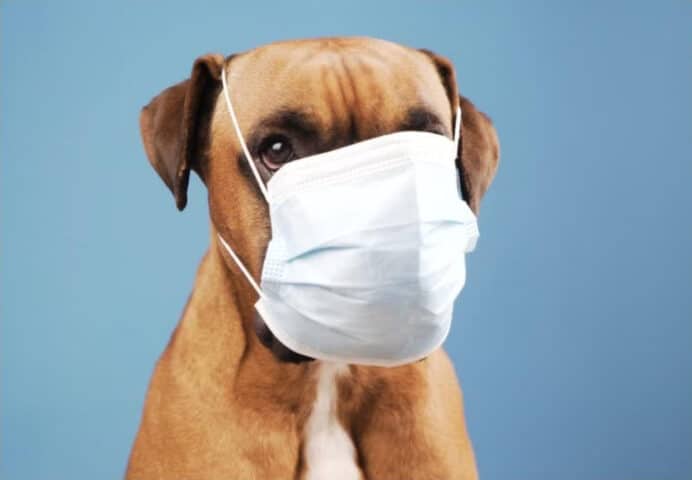

The coronavirus is at the forefront of our lives, changing how we think about preparedness in a time of emergency. Our community is not only worried about themselves and family members, but the animals that they love and care for who are such an important part of that family. Animals provide comfort to their people during this time of isolation, and it is important to make sure that there are plans in place for them in times of emergency.
Monadnock Humane Society has always believed that in order to provide for animals, we also have to care for the people that love them. That is why it has been our top priority in this crisis to assess the needs of our community, providing what we can to keep everyone safe, and to provide information and resources to help.
One of the biggest fears for pet owners during this time is—what will happen to my precious pet if I get sick? If you do become too physically ill to care for your pet, or you need to be hospitalized, it’s important to identify someone who can care for your pet—maybe a neighbor, friend, coworker, or family member who could take them in. The most important thing you can do today is come up with two potential pet plans and talk directly with those people so they’re prepared in case they’re called to help.
If you do not have someone who can help you, Monadnock Humane Society has the Animal Safety Net and emergency pet boarding in place to temporarily care for the animals of people who have no one else to turn to. We’re prepared to do so, and are following the best practices that have been established by the CDC along the American Veterinary Medical Association and a collection of veterinary schools to guide us in taking in pets from homes that may have COVID-19. These guidelines help shelter staff stay safe and healthy in order to take care of animals. (It’s important to note and emphasize that all the animal welfare experts across the country are stating that it is best for the animals to remain in their homes whenever possible).
As part of your plan, be sure to have crates, food, and extra supplies on hand for movement and relocation of pets. Prepare a pet supply kit (see a checklist below). It may not seem necessary today, but we promise it will be hugely helpful if you find yourself in an emergency situation without the ability to track down the proper supplies quickly.
Additionally, pets should wear their collars and appropriate tags for identification. It is up to pet owners to make sure all appropriate vet records are in one spot for easy grabbing. And, while vet clinics in our area are changing their policies to ensure the safety of their staff, clients should still reach out to see if their vets are available to update any necessary and required vaccines.
Should you find yourself in financial distress, MHS has a Pet Food Pantry. In the past few weeks, generous donations of pet food have overflowed our storage areas. As supermarket shelves continue to empty and businesses close, the MHS Pet Food Pantry is available to those in need. Contact us at 603.354.4004 for more information.
As of right now, the CDC and the World Organization for Animal Health state that there is no evidence that animals can transmit Covid-19 to people. (To read more on this, check out the CDC website https://www.cdc.gov/coronavirus). With your whole family on board and a plan in place, you’ll feel a bit better about your pet’s safety knowing they’re in good hands no matter what challenges may arise. So stay safe and continue to care for yourselves and the furry friends that we all love. We’re on the journey with you!
A handy Pet Supply List in case of relocation:
- The name and contact information for the person who can care for your pets.
- Name and contact information for your back-up in case your first person is no longer able to help
- Contact information for your veterinary clinic
- Daily care instructions (when does your pet eat?)
- 1 months’ worth of your pet’s food
- Month supply of necessary medication(s) and prescriptions, along with a list of instructions
- Treats, a couple of toys
- Crate or carrier to transport your pet
- Extra leashes
- Collar/harness with identification tags (be sure your pet’s microchip information is up to date)
- Veterinary records with list of updated vaccines and treatments
- Crate(s)/carrier(s)
- 1 months’ worth of litter
- Extra litter box

